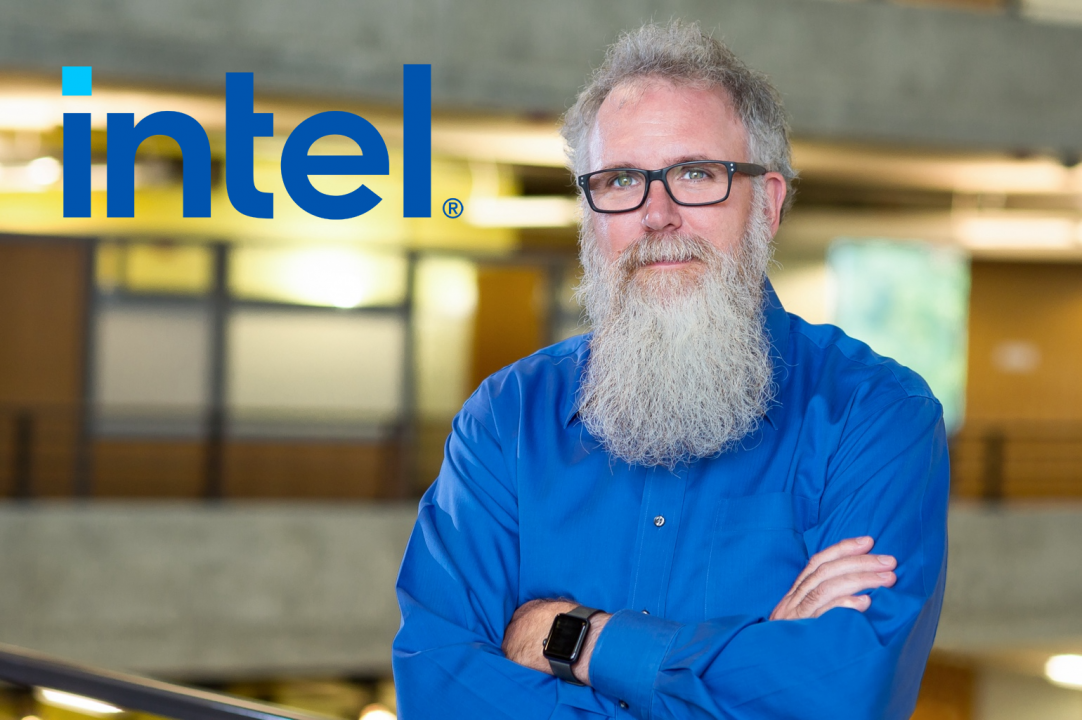|
|
||||||||||||||||||
University of Illinois Chicago Establishes a Center of Excellence focused on AI
Participants: Michael E. Papka
September 16, 2024 - The University of Illinois Chicago (UIC) is proud to become an Intel AI/oneAPI Center of Excellence, advancing computational science education for AI and next-generation heterogeneous programming. The Center will integrate the open, standards-based oneAPI programming model and the latest AI development techniques into UIC’s courses, preparing students to meet the demands of AI, high-performance computing (HPC), and data visualization in today’s scientific and engineering landscapes. The Center of Excellence builds on the efforts of Dr. Michael E. Papka, who has supported Chicago-area university oneAPI workshops for the past two years and has been a strong advocate for oneAPI since its inception. UIC’s AI/oneAPI Center of Excellence will be a hub for developing focused modules to enhance current AI, HPC, and visualization courses. The center will initially focus on developing modules to integrate seamlessly into regular classes and outreach activities, expanding access to advanced computational education for a wider audience. The goal at UIC is to prepare students to interpret and visually represent complex data sets using cutting-edge technologies such as Intel Embree and OSPRay and to teach them how to use SYCL in HPC to meet the challenges of exascale computing. “The AI/oneAPI Centers of Excellence are aiding the next generation of developers in advancing future software innovation using the power of CPUs, GPUs, and other accelerators,” says Dr. Michael E. Papka, Professor of Computer Science at UIC and the Director of the Argonne Leadership Computing Facility, a Department of Energy Office of Science user facility at Argonne National Laboratory. “This UIC-based collaboration with Intel offers valuable, real-world experience and opportunities for our students.” The UIC Center’s AI and HPC curriculum will present essential tools and libraries, such as the oneAPI infrastructure for AI and Intel rendering tools, empowering students to optimize code for parallel architectures and high-performance multiarchitecture environments. Through hands-on labs and coding assignments, UIC students will tackle real-world optimization challenges, preparing them to leverage the immense power of exascale systems for scientific discovery. The next phase will consider adding AI curriculums addressing HPC and large-scale AI problems harnessing the power of Intel hardware. “We are excited to see the impact of these educational advancements on our students and the broader scientific community,” says Dr. Peter Nelson, Dean of Engineering and Professor of Computer Science at UIC. “By integrating cutting-edge tools and technologies, we are fostering a versatile, technologically adept workforce capable of leveraging AI and HPC for scientific discovery.” Students will engage in projects such as visualizing climate change effects, showcasing energy resource distributions with interactive maps, and rendering materials science structures at the atomic level. These projects bridge the gap between theoretical knowledge and practical application, connecting students’ work with real-world scenarios and emphasizing HPC’s role in solving global challenges. Moreover, HPC supports the rise of AI applications in scientific computing by training complex AI models, from natural language processing to autonomous systems. This interaction between HPC and AI is crucial for advancing both fields, fostering innovation, and driving technological progress. “UIC’s Intel AI/oneAPI Center of Excellence will challenge students to drive complex and important computational projects such as simulating climate change impacts, modeling energy resource distributions, and exploring new materials properties. This brings real-world applicability of AI and HPC into the classroom, enabling the next generation of scientists and engineers to push the boundaries in helping to solve global challenges,” says Joe Curley, vice president, and general manager of Intel Software Products and Ecosystems. This initiative represents a strategic alignment between academic curriculum development and industry needs. By equipping students with the skills and knowledge necessary to leverage AI, HPC, and visualization technologies, UIC is contributing to cultivating a highly skilled workforce capable of advancing the frontiers of science and engineering. For more information, please contact: Professor Michael E. Papka – papka@uic.edu Date: September 16, 2024 - Ongoing |